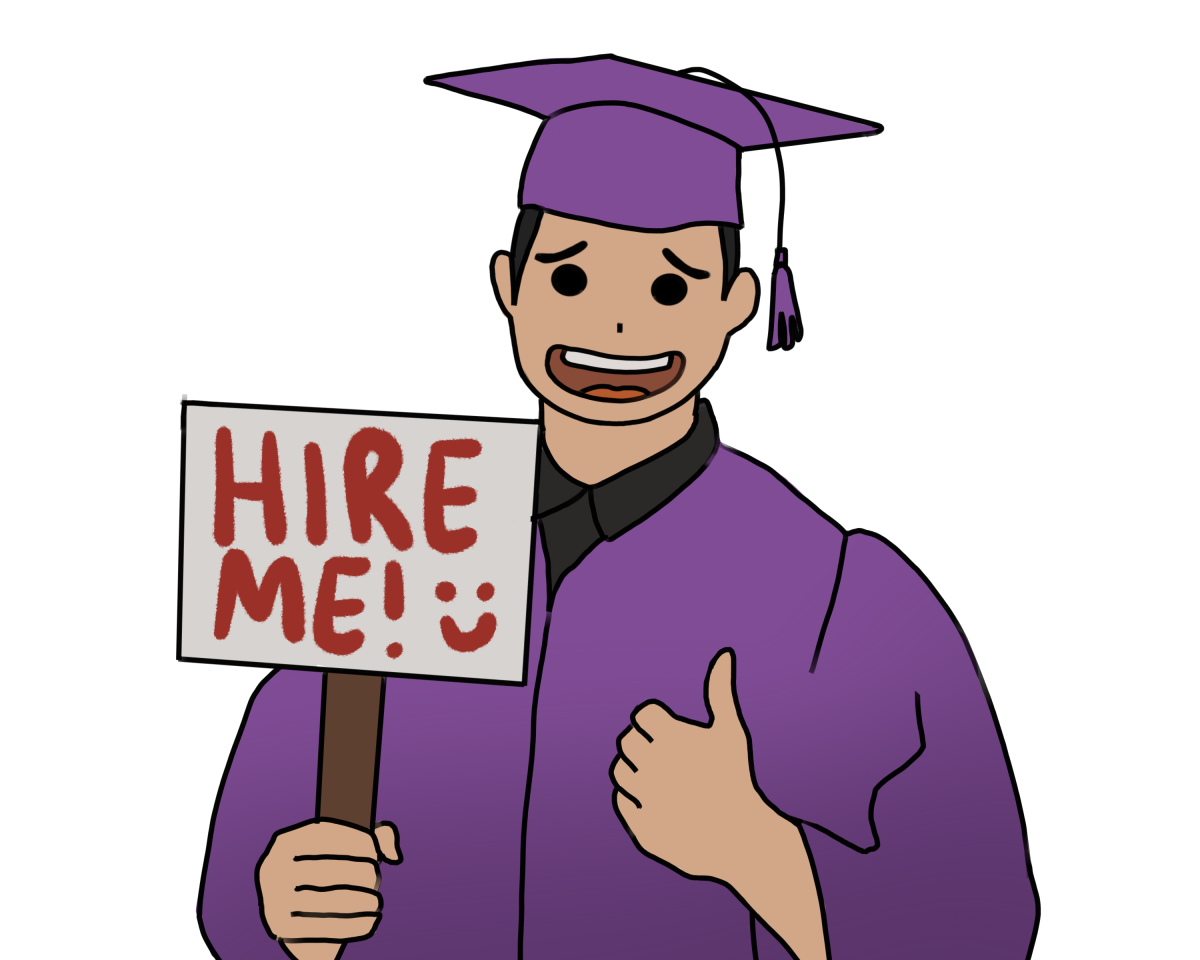It can seem impossible to find a career after college graduation. Rejection after rejection leaves college students feeling hopeless in their job search, wondering if a degree was worth the years of work.
Applying for jobs takes time, often with little return for the investment. It’s hard not to get frustrated when you spent a reasonable amount of time replying to a job posting by curating a cover letter and making sure your resume is perfect, only for the company to not even respond with a “thank you for applying.”
When you pour hours into searching for a job and still can’t get a phone call for an interview, it’s hard not to ask yourself, “What am I doing wrong?”
Sometimes the answer is nothing. Sometimes you are doing nothing wrong. Sometimes getting a job right out of college is out of pure luck.
If you look at past historical events, like the Great Depression, you can see that sometimes getting that great job you’ve hoped for is impossible no matter how hard you work.
During the 1920s, many Americans believed that they could achieve anything with hard work. But, as the economy collapsed at the end of the decade, they soon realized that hard work does not always bring success—that there are deeper, systemic issues barring them from living comfortably. And there are those who, no matter how hard they work, are never given the opportunities to advance in their career.
Same concept with college.
Earning a college degree, in general, is hard work. Only around 39% of students graduate within four years to obtain a bachelor’s degree.
I know a lot of students who worked extremely hard to get where they are today. They have worked multiple jobs throughout college and made sure to stay active in extracurricular activities. Unfortunately, even those students are having a tough time with the job search.
Job inequality is a problem caused by capitalism and the way our economy is set up. The wealth is so unevenly divided that the top 1% owns over 30.4% of all household wealth in America. A lot of the richest people in America have generational money, and our economic system makes it almost impossible for the lower classes to gain generations of wealth.
If the wealth was more evenly divided and the rich were taxed properly, there would be more career opportunities. Large corporations run America, especially corporations like Amazon. If we gave money back to the people, smaller businesses would have more money to survive and hire more people. If large corporations paid their fair share in the first place, they would not become as powerful, and smaller businesses would have a better shot of succeeding.
However, as the wealth of billionaires continues to skyrocket, that is not looking like it will happen anytime soon.
Until the systemic failures are fixed within our country, American college students will have to continue to run on luck.
Kacey Buercklin is a 21-year-old political communications senior from Murrayville, GA.





